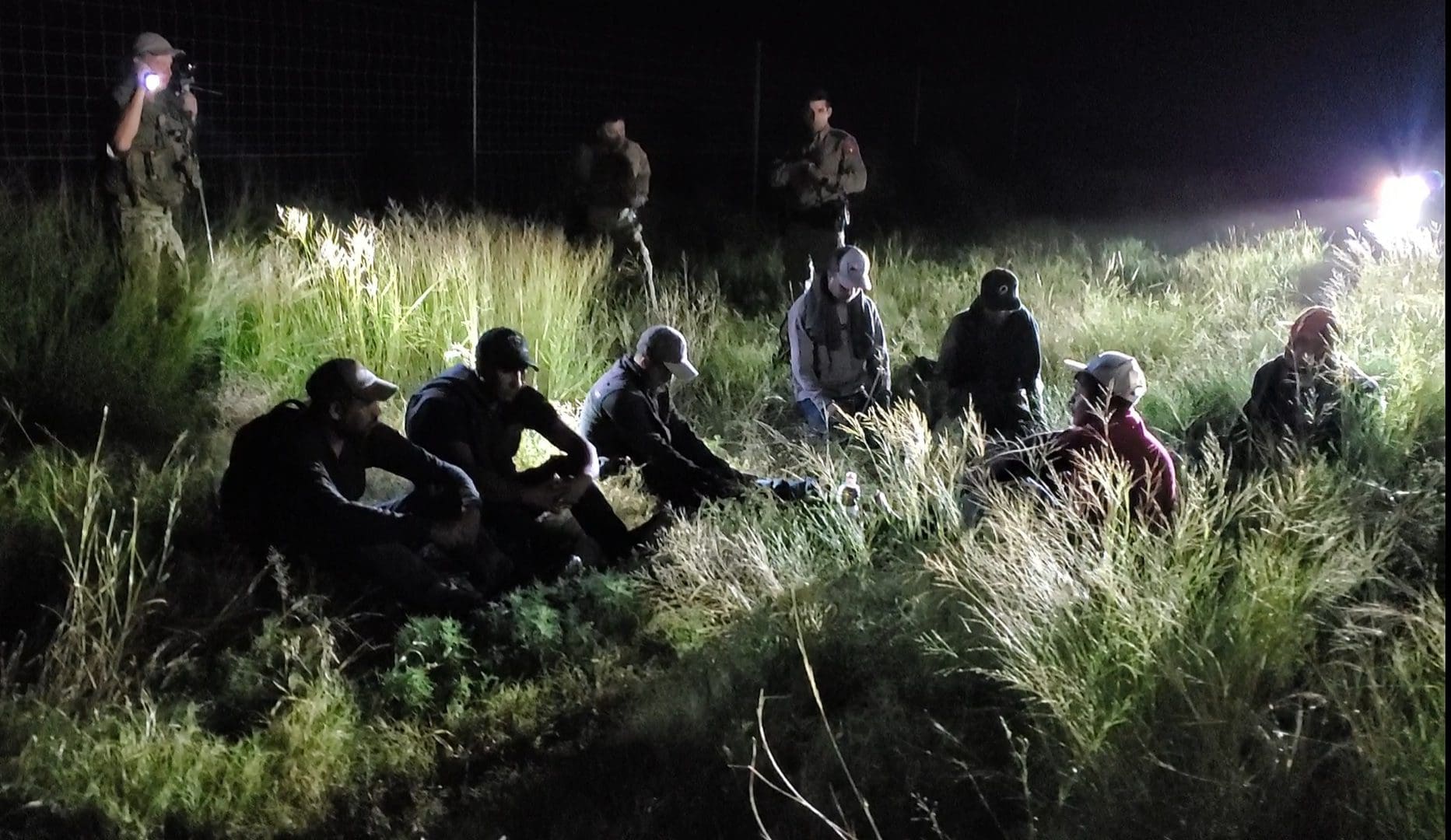A coalition of leftist groups who oppose verifying that Texas voters are U.S. citizens has pushed senate Democrats to block confirmation of the state’s top election official, hoping to stop his efforts to maintain secure elections.
In a February 21 letter, the anti-election integrity coalition urged Democrat members of the Texas Senate to vote against Gov. Greg Abbott’s choice for Secretary of State, David Whitley, and any nominee committed to validating voter eligibility as required by law:
We call on you to affirmatively block the confirmation of David Whitley for Texas Secretary of State, and to block the confirmation of any future nominee for that position who declines to withdraw the advisory sent to counties throughout the State.
As of Friday, all 12 Democrat senators had reportedly complied with the demand to declare their opposition to Whitley.
The letter was signed by the Texas Democratic Party and allies like Planned Parenthood and the Texas AFL-CIO, along with several other left-wing organizations that are suing to stop the state’s efforts to verify eligibility of tens of thousands of Texas voters whose citizenship is in question.
Currently no one verifies the citizenship of Texas voters; applicants simply check a box on a registration form stating they are a U.S. citizen. Democrats claim that is sufficient, but a state senate committee hearing in February 2018 revealed that noncitizens registering and voting in Texas elections is a “significant problem.”
That sparked a months-long effort by the secretary of state’s office to collect citizenship data from the Texas Department of Public Safety and crosscheck it with the state’s voter rolls. Texas law directs the state to use DPS data for voter list maintenance, but such data sharing has never been fully implemented.
Last month, Whitley’s office finished compiling the data, completed training for county registration officials, and on January 25 rolled out an advisory detailing a new process for vetting voters flagged as possible noncitizens based on DPS data.
Whitley’s public rollout of the new process and DPS-match data drew quick criticism.
Whitey’s initial list of 95,000 flagged voters statewide was reduced a few days later when the state discovered about 20,000 names were mistakenly included. County officials were able to quickly confirm many of the remaining flagged voters had become naturalized citizens since last interacting with DPS. The secretary of state’s office said that was expected, since they don’t have access to naturalization data; they were relying on county officials to confirm those voters’ eligibility in what they describe as a collaborative effort between the state and counties.
Even after those corrections, though, tens of thousands of flagged voters were left unverified. Democrats have taken swift action to keep it that way.
The League of United Latin American Citizens (LULAC) quickly filed a federal lawsuit seeking to stop the list maintenance activity, claiming Whitley’s citizenship verification process unfairly targets naturalized citizens. Two other lawsuits—filed by the Mexican American Legal Defense and Education Fund (MALDEF), the American Civil Liberties Union (ACLU), and other left-wing groups that routinely oppose election integrity measures—have been consolidated with LULAC’s. The legal challenges are part of a broader effort by Democrats to force Texas elections back under federal control by alleging intentional racial discrimination where none exists.
A hearing on whether to grant LULAC’s request to the stop the eligibility verification program began last week in San Antonio and ended Monday with U.S. District Judge Fred Biery instructing 18 counties named in the lawsuits to temporarily stop sending notices to unverified voters until he makes a final ruling.
Former voter registration manager Betsy Schonhoff, who coordinated the data crosscheck with DPS and resigned earlier this month for what she said were personal reasons, told the court DPS didn’t inform the secretary of state’s office their list of potential noncitizens could be refined further until after the data was sent to counties.
Keith Ingram, director of elections in the secretary of state’s office, testified that the program was routine list maintenance and noted 45 registered voters have come forward and asked to be removed from the voter rolls because they are not citizens.
Both state and federal law require this type of voter roll maintenance, Ingram explained to lawmakers earlier this month. Going forward, his office plans to send monthly DPS data-match updates to counties. Ingram said state statute directs his office to use data in DPS files for voter list maintenance activities, but current election law doesn’t require county registrars to act on this specific DPS data.
Lawmakers could change that this legislative session. The federal lawsuits and uproar over Whitley’s confirmation are all part of Democrats’ opposition to such legislation—or any efforts to keep ineligible noncitizens from registering and voting.
In the wake of Democrats’ grilling during his confirmation hearing and the left’s demand letter, the Senate Nominations Committee is unlikely to bring Whitley’s confirmation to a vote. With united Democrat opposition, Whitley cannot be confirmed by the required two-thirds of state senators; but he can continue to serve through the end of the legislative session.
Whether the state can continue to verify the citizenship of currently registered voters is now in the hands of a federal judge. If Democrats and their anti-election integrity allies on the left have their way, Texas will continue to shirk its federal and state voter list maintenance responsibilities and fail to verify that only eligible citizens are voting in Texas elections.
UPDATED February 26.





